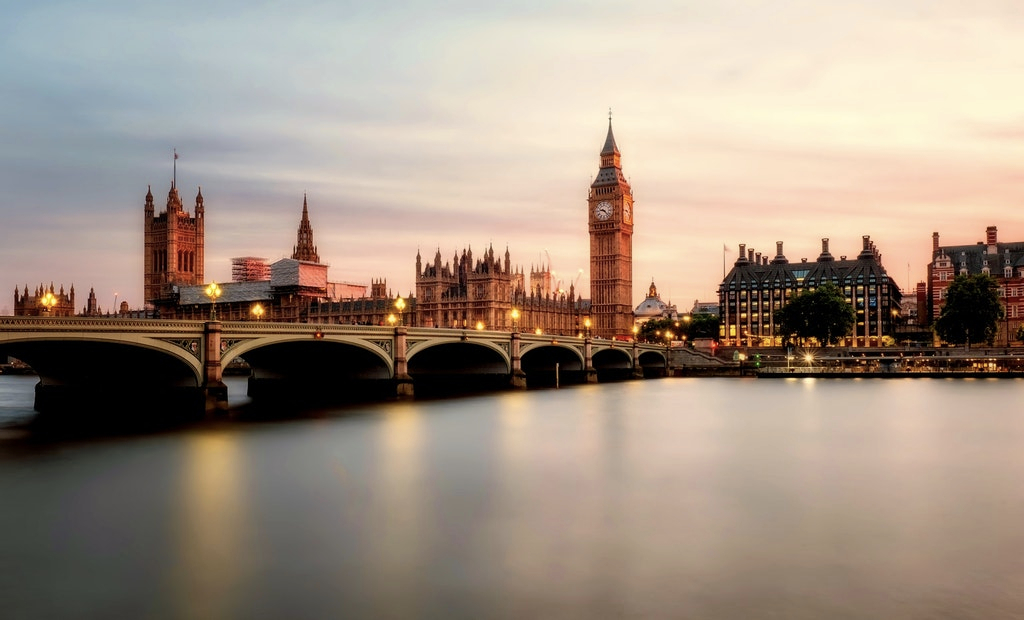General election 2015: Breaking down the Conservatives and Labour

Thursday 7th May will be another seminal moment in Britain’s democratic history as the nation’s leading political parties will, once again, go head-to-head for the right to rule Britannia.
As ever, media members and statisticians are all trying to make sense of the general election’s dynamics ahead of the big day, as are the general public. In fact, this year, voters can speculate on the outcome of the election with more than their polling cards. Using a slew of facts and stats, online bookmakers have priced up the leading parties and ranked them in terms of their chances of success.
For most people’s money, there are only two contenders for Number 10. On one side of the divide with an aggressive stance on Europe and a desire to take more people out of the tax system is the Conservative party led by the current prime minister, David Cameron.
On the other side, Ed Miliband’s Labour party is championing public services and the health care sector, as well as vowing to increase jobs and raise the living standard for all by taxing the super rich.
Breaking down the relative merits of the two frontrunners can be an arduous task, especially when the policies are wrapped in a certain amount of propaganda and showmanship. However, to ensure you’ve got all the facts ahead of the general election and know where to stake your support, we’ve got a breakdown of the two leader’s main policies. Neatly sectioned in this four-minute clip, this video should serve as a handy policy guide to the 2015 general election.
Cameron’s best bits:
Enhanced child care provisions
Increased minimum wage and tax free allowance up to £12,500.
Extending right-to-buy to all housing association tenants.
Fund the Steven’s Plan to the tune of £8 billion to help rejuvenate the NHS.
Reform the UK’s position in EU and hold a referendum before 2017.
Miliband’s best points
Bring back the 50 pence tax rate for everyone earning £150,000+.
Mansion tax on homes worth £2 million+.
Introduction of an £8 minimum wage.
No tax, VAT or National Insurance rises.
Rent control for private landlords.
The editorial unit























Facebook
Twitter
Instagram
YouTube
RSS